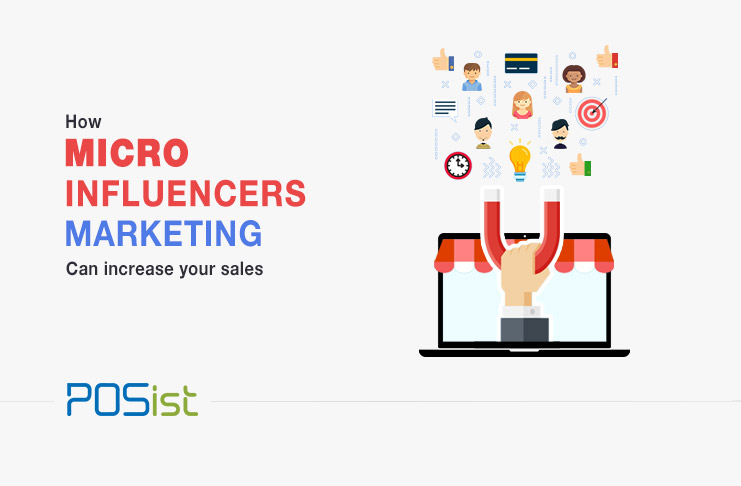
Influencer marketing has become a popular and effective strategy for businesses to promote their products or services to a target audience. However, not all influencers are created equal. Micro-influencers, defined as individuals with a relatively small but highly engaged following, have been gaining attention in recent years for their ability to drive conversions and sales for businesses. In this article, we will discuss the power of micro-influencers in digital marketing and share some tips on how businesses can work with them to achieve their marketing goals.
One of the main advantages of working with micro-influencers is their ability to reach a highly targeted and engaged audience. Micro-influencers typically have a niche or specific area of expertise, which allows businesses to reach a specific group of people who are more likely to be interested in their products or services. This can result in higher engagement rates and conversions compared to working with more general influencers with a larger but less engaged following.
Another advantage of working with micro-influencers is their ability to create authentic and relatable content. Micro-influencers are often seen as more genuine and trustworthy than larger influencers, who may be perceived as being more focused on promoting products for financial gain. This authenticity can help to build trust and credibility with their audience, which can lead to more conversions and sales.
Additionally, micro-influencers typically have a more intimate relationship with their followers, which allows them to provide valuable feedback and insights to businesses. This can help businesses to better understand their target audience, and to make informed decisions about their marketing efforts.
Working with micro-influencers can also be more cost-effective for businesses. Influencer marketing can be a significant investment for businesses, and larger influencers often command higher fees for their services. Micro-influencers, on the other hand, typically have more reasonable rates, which can be more accessible for small and medium-sized businesses. Additionally, businesses can also choose to work with a group of micro-influencers, which can be more cost-effective than working with a single large influencer.
When working with micro-influencers, it’s important for businesses to be selective and to choose influencers who align with their brand values and message. It’s also important to set clear goals and expectations for the collaboration and to provide the influencer with clear guidelines for the content they should create.
Another important aspect is to measure the performance of the campaign and track the metrics that are important for your business. This can include things like engagement rate, click-through rate, and conversions. By tracking these metrics, businesses can identify which micro-influencers are performing well and adjust their strategy accordingly.
Digital marketing is the process of promoting products, services or brands through various digital channels such as search engines, social media platforms, websites, email, and mobile apps. It involves the use of various strategies and tactics to reach and engage with target audiences, increase brand awareness, drive website traffic, and ultimately generate conversions and sales. Digital marketing techniques include search engine optimization (SEO), pay-per-click (PPC) advertising, social media marketing, email marketing, content marketing, and influencer marketing. With the rise of technology and the internet, digital marketing has become an essential tool for businesses of all sizes to connect with customers and stay competitive in today’s digital landscape.
In conclusion, micro-influencers can be a powerful tool for businesses to reach a highly targeted and engaged audience, create authentic and relatable content, and provide valuable feedback and insights. They also tend to be more cost-effective than working with larger influencers. Businesses should be selective, set clear goals and expectations, provide clear guidelines, measure the performance and track the metrics that are important for their business. By working with micro-influencers, businesses can achieve their marketing goals and drive conversions and sales.


